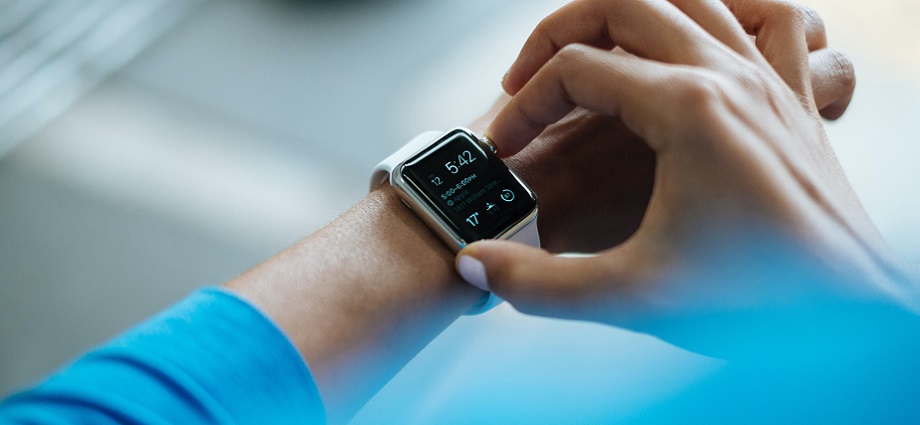Digital health tools, such as mobile health apps, wearable devices, and telemedicine platforms, have become increasingly prevalent in recent years, providing patients with convenient and accessible options for managing their health. These tools offer a wide range of benefits, including improved patient engagement, increased efficiency of healthcare delivery, and more personalized care. However, the impact of digital health tools on patient outcomes is still being studied and debated in the healthcare industry.
What are Digital Health Tools?
Digital health tools are technology-based solutions that are used to collect, store, and analyze health data. They include things like electronic health records (EHRs), telemedicine platforms, and wearable devices. These tools are designed to make healthcare more accessible, efficient, and effective.
How Digital Health Tools are Improving Patient Outcomes
Increased Access to Care
Digital health tools have made healthcare more accessible to patients by providing telemedicine, which allows for medical consultations from the comfort of their own homes. This is particularly helpful for individuals who live in rural areas or have mobility issues.
Better Coordination of Care
Digital health tools have also improved the coordination of care. EHRs, for example, allow healthcare providers to share patient information with one another, which helps to ensure that everyone is on the same page when it comes to a patient’s care. This leads to better communication and fewer errors.
More Engaged Patients
Wearable devices, for example, allow patients to track their own health data and share it with their healthcare providers. This helps patients to take more responsibility for their own health and encourages them to be more proactive when it comes to their care.
Better Clinical Outcomes
Ultimately, the goal of digital health tools is to improve patient outcomes. And there is evidence to suggest that they are doing just that. Studies have found that patients who use digital health tools are more likely to adhere to their treatment plans and are more likely to experience positive clinical outcomes.
Promoting Patient-Reported Outcomes Measures (PROMs)
Patient-Reported Outcomes Measures (PROMs) are an important way to assess the effectiveness of healthcare treatments. They involve patients reporting on their own health outcomes, and can be used to track progress over time. It can make it easier for patients to report their own outcomes, which can help to improve the accuracy and completeness of this data.
Promoting FOTO (Focus on Therapeutic Outcomes)
Focus on Therapeutic Outcomes (FOTO) is a system that uses technology to help patients track their progress and outcomes. It is a tool that can be used by healthcare providers to help patients set goals, track progress and monitor results. FOTO is a powerful way to help patients stay on track with their treatment and can be a valuable tool in improving clinical outcomes.
Personalized Care
Digital health tools also allow for more personalized care. With the use of data and analytics, healthcare providers can gain a better understanding of each individual patient’s unique needs and tailor their treatment accordingly. This leads to more effective care and better outcomes. For example, using data from wearable devices, healthcare providers can monitor a patient’s activity levels, sleep patterns, and vital signs, which can provide insight into the patient’s overall health and help the provider to make more informed treatment decisions.
Cost Savings
It can also lead to cost savings for both patients and healthcare providers. Telemedicine, for example, reduces the need for patients to travel to a doctor’s office, which can save time and money. EHRs can also help to reduce administrative costs and improve the efficiency of care. With digital health tools, healthcare providers can spend more time on providing care and less time on paperwork.
Data Security
Many tools now incorporate security features to safeguard patient data from cyberattacks. Developers use techniques like encryption to scramble data, making it unreadable to unauthorized individuals. Moreover, digital health tools comply with regulations such as HIPAA (Health Insurance Portability and Accountability Act) to ensure the protection of patient data.
Impact on Mental Health
Digital health tools are also having a positive impact on mental health. Teletherapy, for example, allows patients to receive therapy remotely, which can be especially beneficial for people who live in areas with limited access to mental health services. Additionally, there are now digital health tools that are specifically designed to help with mental health issues such as stress and anxiety. These tools can provide patients with resources and support to help them manage their mental health.
Conclusion
Digital health tools have the potential to revolutionize the way healthcare is delivered, and the impact they have had on patient outcomes is truly remarkable. They have increased access to care, improved coordination of care, and led to more engaged patients. Studies have found that patients who use digital health tools are more likely to adhere to their treatment plans and are more likely to experience positive clinical outcomes. With PROMs and FOTO, healthcare providers can easily track patient outcomes and improve the effectiveness of their treatments. It is exciting to think about the future of digital healthcare and the impact it will have on patient outcomes.

